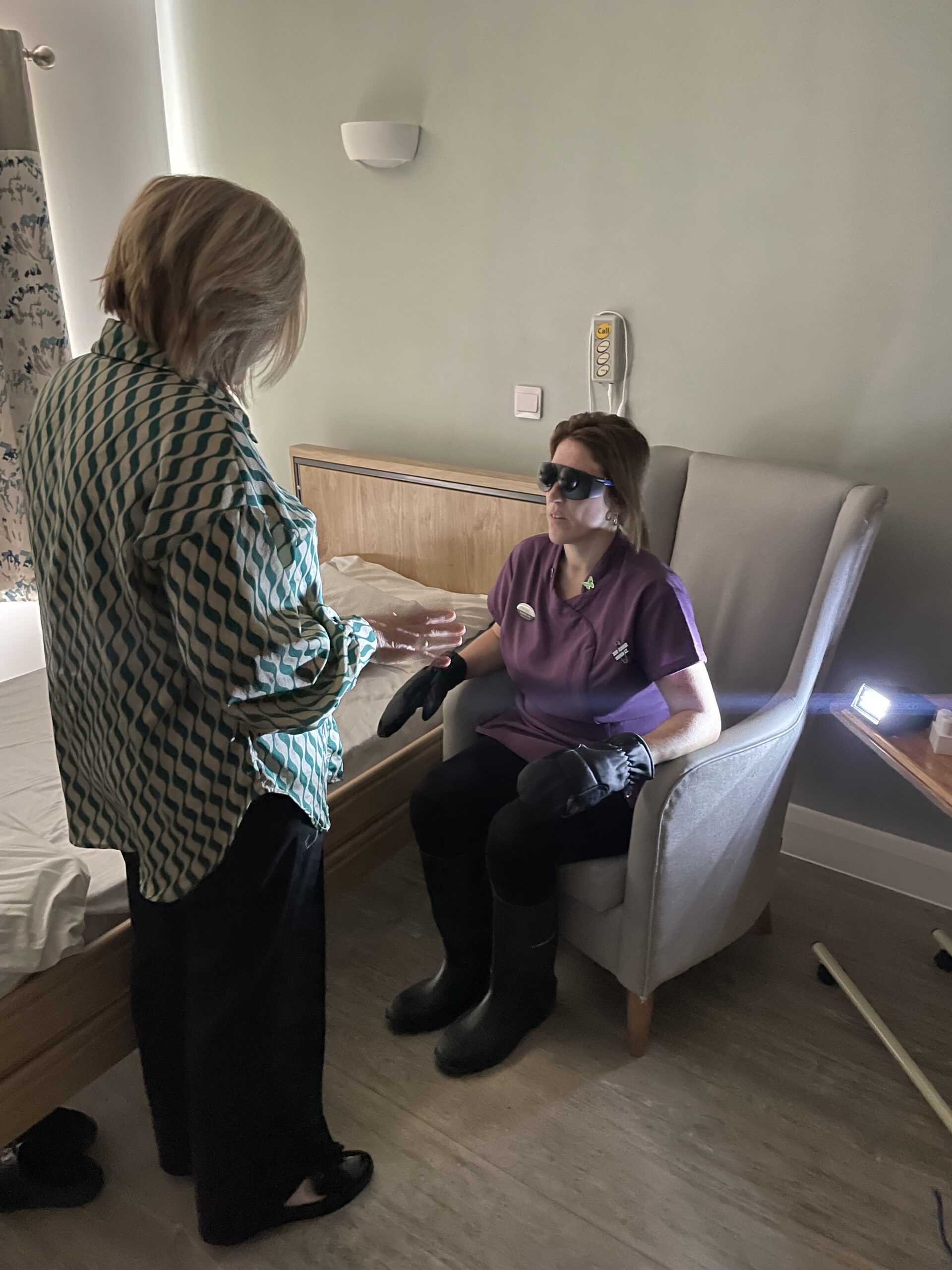Do you know the 7 types of dementia?
If your loved one is living with dementia, you might not realise that not all dementia diagnoses are equal. Just a few decades ago, our understanding of brain disorders was limited, with any ageing person simply labelled as suffering from senility. Thankfully, through research and understanding, our perceptions have shifted.
Although dementia is still used as a bit of a ‘catch all’ term, it can also be broken down further into seven main specific types of the disease. Understanding the differences, causes and effects of each can help us remain supportive and empathetic of our loved ones during this difficult time. How many of these terms are you familiar with?
1. Alzheimer’s disease
The most common form of dementia, it is estimated that over half a million people in the UK are living with Alzheimer’s disease. It is a physical disease which affects the brain, causing proteins to build up in the brain structure and form ‘plaques’. This leads to loss of connection within the nerve cells of the brain, and, in the early stages, causes memory loss and confusion.
2. Vascular dementia
This is the second most common form of dementia in the UK today, affecting around 150,000 people. It is caused when the blood supply to the brain is interrupted, often following a trauma such as a stroke. In the early days, it can manifest as problems with planning, problem solving and concentration, but can develop into aggression, memory loss and delusions.
3. Dementia with Lewy bodies
The name of this type of dementia refers to the small spherical structures which appear in the nerve cells of the brain, causing problems with mental abilities and sometimes movement also. These are the same bodies which occur in people living with Parkinson’s disease, and often the two are intrinsically linked, so that someone who has one condition will often develop the other too.
4. Frontotemporal dementia
Although a less common type of dementia, this type still affects around 5 per cent of all dementia cases. It is sometimes called Picks disease, and can affect people as young as mid 40’s. The damage occurs first in the front and sides of the brain, causing problems with behaviour, language and inhibitions before the typical symptoms of memory loss and forgetfulness occur.
5. Creutzfeldt-Jakob disease
Better known as CJD, this type of dementia is caused by an abnormally shaped protein infecting the brain. Known as a prion, this protein causes rapid damage to the brain.
6. Young onset dementia
Dementia is often seen as an older person’s disease but there are more than 40,000 people in the UK today who are under the age of 65 and living with the effects of dementia. Causes are not known, but it is thought there is an element of inheritance involved.
7. Mixed dementia
Sometimes it’s not as easy to give a disease a label, and seeing as nothing in life is black and white, it is relatively common for people to be diagnosed with mixed dementia. The most common form by far is a mix of vascular dementia and Alzheimer’s disease, although other combinations are possible.
This is not an exhaustive list of the types of dementia you may come across, but these are certainly the most clear cut and common types in the UK today. Other types of dementia include Huntington’s disease, multiple sclerosis, Niemann-Pick disease type C and Corticolbasal degeneration.
Managing the various types and stages of dementia and where possible, slowing its progress, requires a carefully planned environment and care plan. To see for yourself how our homes specifically meet the needs of those living with dementia, get in touch today.

